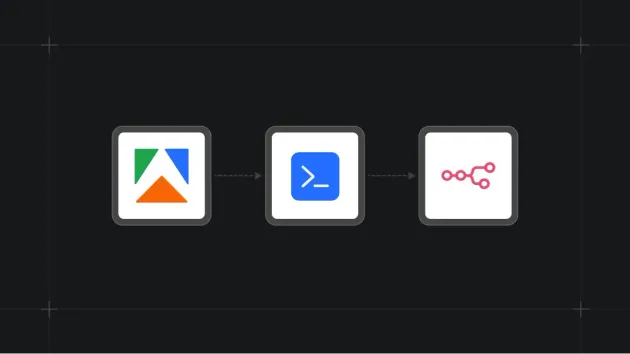n8n Template Scraper
Pricing
Pay per event
n8n Template Scraper
Scrape n8n.io workflow template with this Apify actor. Filter by category (AI, Marketing, DevOps), sort by popularity & get structured data with importable JSONs for developers & businesses
Pricing
Pay per event
Rating
5.0
(2)
Developer

DataVoyantLab
Actor stats
4
Bookmarked
36
Total users
1
Monthly active users
6 months ago
Last modified
Categories
Share


